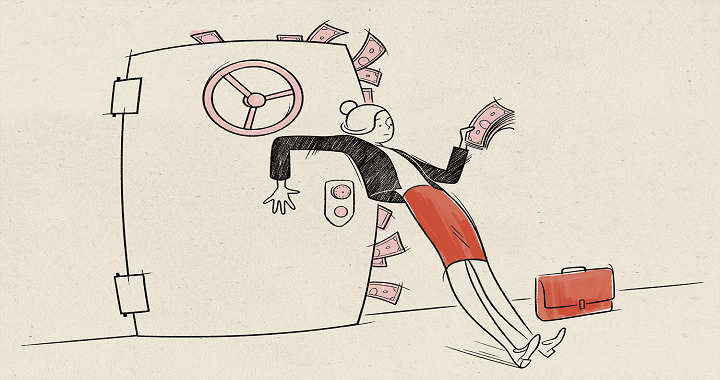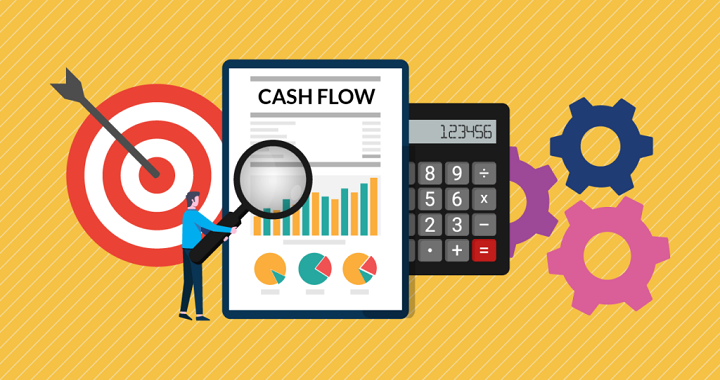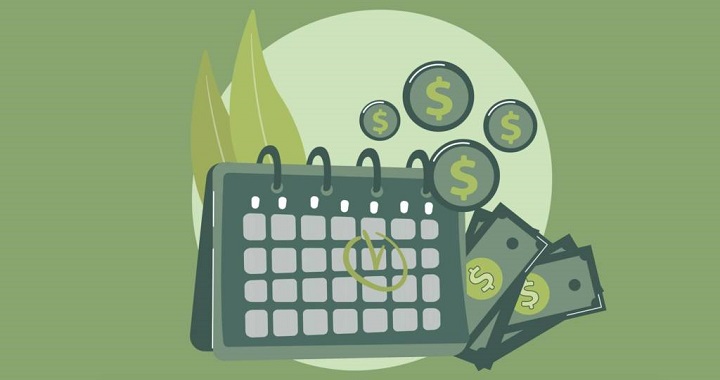The Ultimate Guide to Frugal Living: Save More, Spend Less

Frugal living is about making intentional choices to save money and spend less without sacrificing quality of life. By adopting a frugal lifestyle, you can achieve your financial goals, reduce financial stress, and enjoy a more fulfilling life. Here’s the ultimate guide to frugal living, with practical tips to help you save more and spend less.
1. Track Your Expenses:
The first step to frugal living is knowing where your money goes. Track your expenses for a month to understand your spending habits. Use a budgeting app, spreadsheet, or a simple notebook to record every purchase. This awareness will help you identify areas where you can cut back.
2. Create a Realistic Budget:
Develop a budget that outlines your income and expenses. Prioritize essential expenses like housing, utilities, groceries, and transportation. Allocate funds for savings and discretionary spending. Make sure your budget is realistic and allows for occasional treats to avoid feeling deprived.
3. Cook at Home:
One of the easiest ways to save money is by cooking at home. Plan your meals, make a shopping list, and stick to it. Cooking at home is cheaper and healthier than eating out. Consider meal prepping and batch cooking to save time and money.
4. Use Coupons and Discounts:
Take advantage of coupons, discounts, and sales when shopping. Use apps and websites that offer digital coupons and cashback on purchases. Look for store-brand products, which are often cheaper than name-brand items but of similar quality.
5. Buy in Bulk:
Buying in bulk can save you money in the long run, especially for non-perishable items like toiletries, cleaning supplies, and pantry staples. Join a wholesale club or look for bulk sections in your grocery store to find deals.
6. Reduce Utility Bills:
Lower your utility bills by being mindful of energy and water consumption. Turn off lights and appliances when not in use, take shorter showers, and set your thermostat to an energy-saving temperature. Consider using energy-efficient bulbs and appliances to save money in the long run.
7. Limit Entertainment Expenses:
Find low-cost or free entertainment options to reduce your expenses. Look for free events in your community, enjoy nature, read books, or have a movie night at home. Limiting expensive outings can save you a significant amount of money over time.
8. Embrace DIY Projects:
Do-it-yourself projects can save you money on home repairs, personal care, and gifts. Learn basic skills like sewing, cooking, and home maintenance. There are plenty of online tutorials and resources to help you get started.
9. Shop Second-Hand:
Consider buying second-hand items instead of new ones. Thrift stores, online marketplaces, and garage sales are great places to find quality used items at a fraction of the cost. This is especially useful for clothing, furniture, and electronics.
10. Use Public Transportation:
Save on transportation costs by using public transportation, carpooling, or biking. If you must drive, plan your trips to minimize fuel consumption and consider maintaining your vehicle to improve fuel efficiency. Reducing your reliance on a personal vehicle can lead to significant savings.
11. Cancel Unused Subscriptions:
Review your monthly subscriptions and cancel any that you don’t use regularly. This includes streaming services, gym memberships, and magazine subscriptions. Opt for free or lower-cost alternatives to save money.
12. Avoid Impulse Purchases:
Impulse purchases can derail your budget. Avoid making spontaneous purchases by sticking to a shopping list and waiting 24 hours before buying non-essential items. This helps you make mindful spending decisions and stay within your budget.
13. Grow Your Own Food:
Start a small garden to grow your own fruits, vegetables, and herbs. Gardening can be a rewarding hobby that saves you money on groceries. Even if you have limited space, container gardening or window boxes can yield fresh produce.
14. Practice Minimalism:
Adopt a minimalist lifestyle by decluttering your home and focusing on buying only what you truly need. Minimalism helps you appreciate what you have and reduces the desire to accumulate unnecessary possessions.
15. Build an Emergency Fund:
Even on a tight budget, it’s important to set aside money for emergencies. Aim to save a small amount each month until you have at least three to six months’ worth of living expenses. Having an emergency fund will prevent you from relying on credit cards or loans in a financial crisis.
Conclusion:
Frugal living is about making intentional choices to save money and spend less while maintaining a high quality of life. Track your expenses, create a realistic budget, and cook at home. Use coupons and discounts, buy in bulk, and reduce utility bills. Limit entertainment expenses, embrace DIY projects, and shop second-hand. Use public transportation, cancel unused subscriptions, and avoid impulse purchases. Grow your own food, practice minimalism, and build an emergency fund. By implementing these strategies, you can achieve financial freedom and enjoy a more fulfilling life without sacrificing your happiness.





